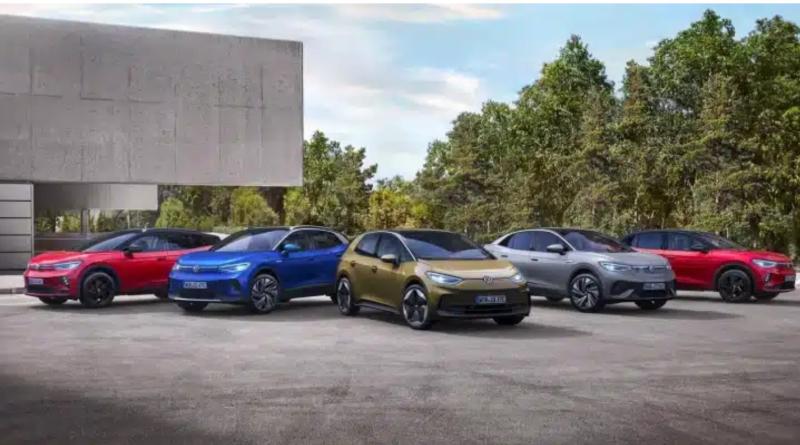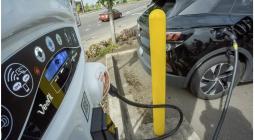At €20,000, will Volkswagen’s future EV be affordable for Africans?

While the cost of buying an electric vehicle can sometimes approach €170,000, depending on production costs and the model, German carmaker Volkswagen has announced that it will be manufacturing and marketing a new €20,000 model by 2025. The aim is to democratise electromobility on a global scale. But is this price really low compared with other brands and accessible to Africans?
Despite some contradictory arguments about its ecological impact, electromobility is a great ally in the transition to low-pollution transport. However, the cost of acquiring electric vehicles is still a problem, because carmakers’ prices, which vary from brand to brand, are still not accessible to everyone.
The entry-level price range for electric cars on the global car market is between €25,000 and €35,000 for city cars (€25,250 for the Renault Twingo E-Tech) and €40,000 and €50,000 respectively for SUVs and saloons, according to French energy company Engie. These figures can go even higher for luxury models such as the Mercedes EQS, whose entry-level price is close to €167,000 (more expensive than the Tesla Model X Plaid at €114,000).
Volkswagen’s commercial avant-gardism
With these high prices, it’s easy to see why electric mobility is the sole preserve of Europeans and Americans at the moment. In Africa and Asia, where purchasing power is low, household spending priorities lie elsewhere, despite the desire to go all-electric. This is a situation that Volkswagen wants to change. The German car group, whose electric e-up! currently costs €27,400, has announced that it will be offering low-cost models by 2027.
The German company will start by manufacturing and putting on the road a €20,000 car. This is not an easy task, since it will be essential to reduce production costs, particularly for batteries, while improving energy efficiency in its factories. Even if this challenge is met, the other challenge will be the recharging infrastructure (charging points and stations) for electric vehicles, which does not yet exist in most African countries. It should be noted that Volkswagen’s initiative is a response to the measures aimed at banning the use of combustion-powered vehicles in the European Union (EU) by 2035.





